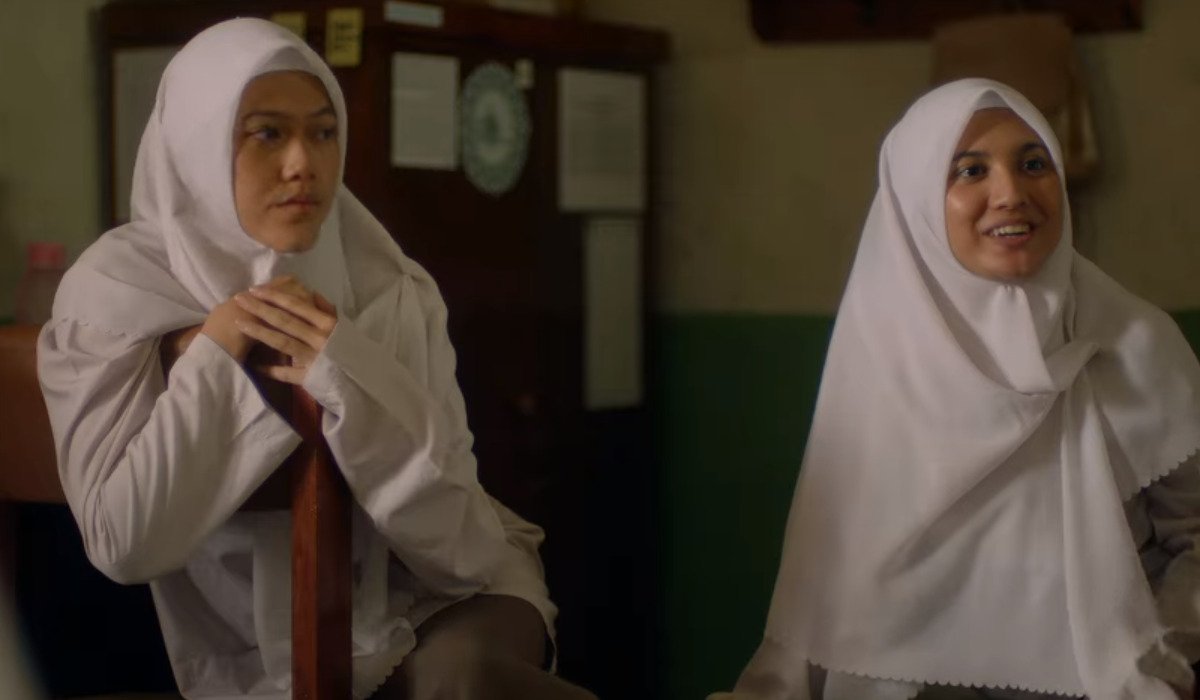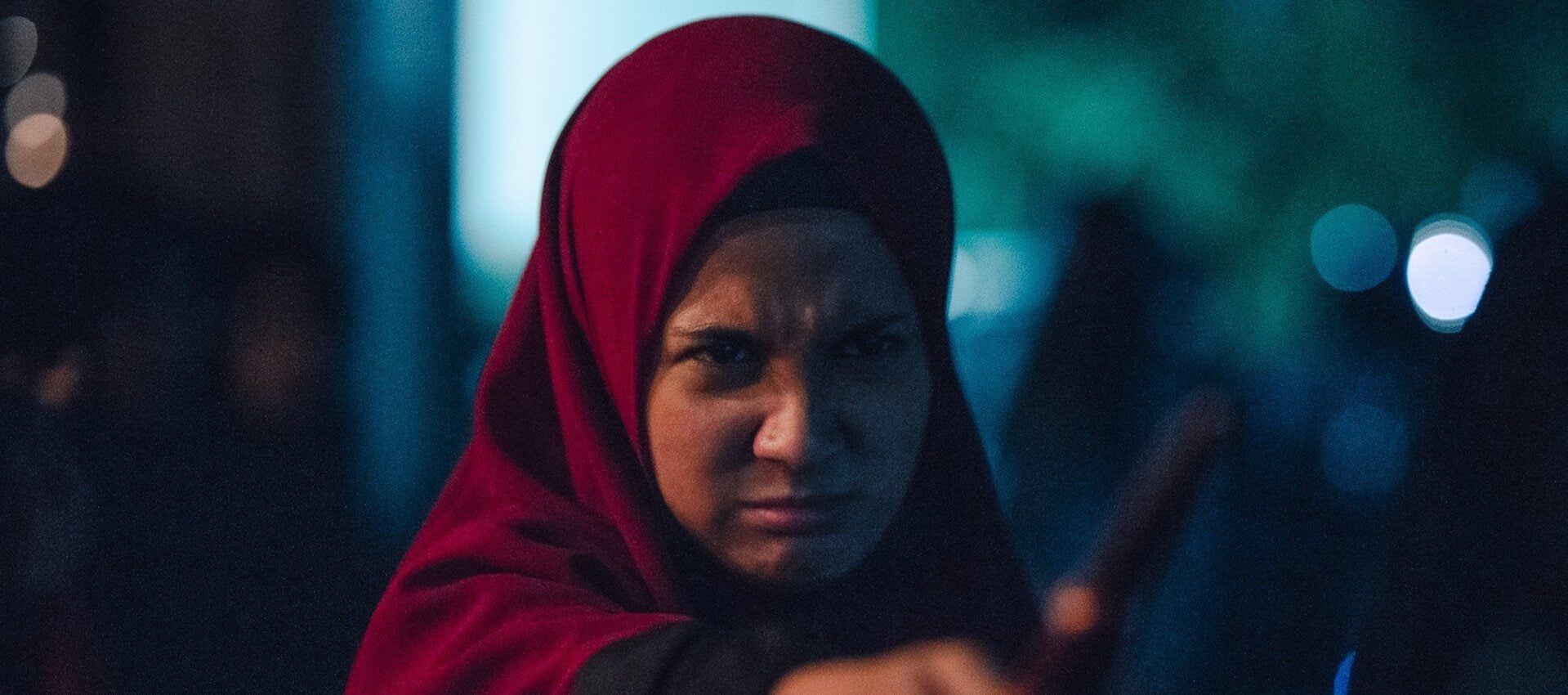Netflix’s ‘Qorin’ is an Indonesian horror film directed by Ginanti Rona, starring Zulfa Maharani, Aghniny Haque, Dea Annisa, and Omar Daniel, alongside many others. The movie follows an orthodox all-girls boarding school where Zahara, a senior, is the head of her class and a model student. After the arrival of a new student, Yolanda, the school headmaster, Ustad Jaelani, asks Zahara to look after her.
However, as the girls’ senior year ends, strange mystical terrors start haunting the school students. Forced to perform a ritual to summon their Qorin Jinns as a mandatory test for their graduation, the girls face spiritual horrors as dark secrets about Jaelani come out in the open. Given the authentic portrayal of a girls’ boarding school and the religious themes, the audience may wonder if the movie depicts actual events. So, if you’re curious to know how much of ‘Qorin’ is based on real life, here is everything we know about the same!
A Horror Story Rooted in Mythology
No, Qorin is not based on a true story. The horror aspect of the movie very obviously plays utilizes elements from myths, with doppelganger Jinns forming its most basic foundation. Writer Lele Laila is known for her work on the first installment of the ‘Danur’ movies, an Indonesian horror franchise. She has prior experience with horror stories centering around the female experience. Similarly, in ‘Qorin,’ she builds a horror narrative revolving around the oppression of women.

After Jaelani drives the girls into performing the Qorin Jinn rituals, it brings out their demonic counterparts into the real world. However, the reason why he compels his young students is far more sinister. As a twisted power move, Jaelani resorts to Qorin-Jinn worshipping as a convoluted power move and uses the mythical entities to maintain control over his students. Even before inciting a mass Qorin-Jinn ritual, Jaelani has abused and manipulated the girls for a long time. There are multiple instances of men misusing their systemic and social power to exploit those under their chain of command by sexually abusing them.
As such, ‘Qorin’ presents a social commentary on this topic by depicting the harrowing experiences of the victims. Zahara, the main protagonist, also showcases signs of PTSD caused by her traumatic experience. She remains silent about her mistreatment and abuse because she is scared no one will believe her. Many survivors of sexual misconduct experience this same fear of being discredited as experienced by Zahara. Therefore, her personal story might be reminiscent of reality to many people.
Conversely, ‘Qorin’ also discusses the importance of friendship and support systems when dealing with hardships. According to VOI, the director and writer of the film, Ginanti Rona, said that through its characters, ‘Qorin’ explores values of kindness and friendship. Similarly, according to her, the movie delves into themes of the darkness humans carry with them by portraying it as a manifestation in the form of the Qorin. The Netflix movie presents an engaging and relatable premise by juxtaposing the concept of supporting friendships with the idea of darkness manifested as a demonic companion.
By exploring themes of sexual assault, trauma, and exploitation, ‘Qorin’ tells a realistic story about survivors and their experiences. At the same time, it consistently carries a message of hope and courage by encouraging people to question authority and fight against injustice. With other elements of religious trauma, companionship, and mistreatment of women in orthodoxical patriarchal societies, ‘Qorin’ paints a captivating story ripe with terrifying horror details. Nevertheless, ‘Qorin’ is not based on any specific real-life event and is simply a creation of the writers Lele Laila and Ginanti Rona’s imaginations.
Read More: Qorin Ending, Explained: Does Zahara Free The Girls Of Jaelani’s Control?


You must be logged in to post a comment.